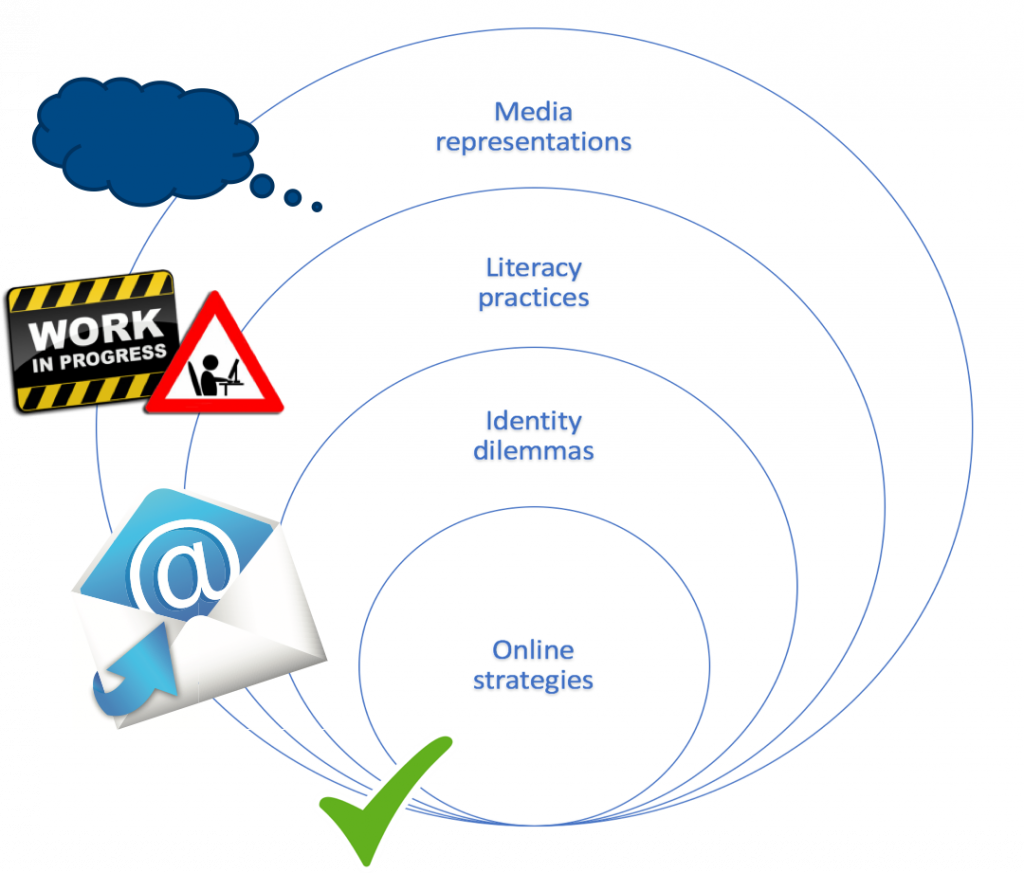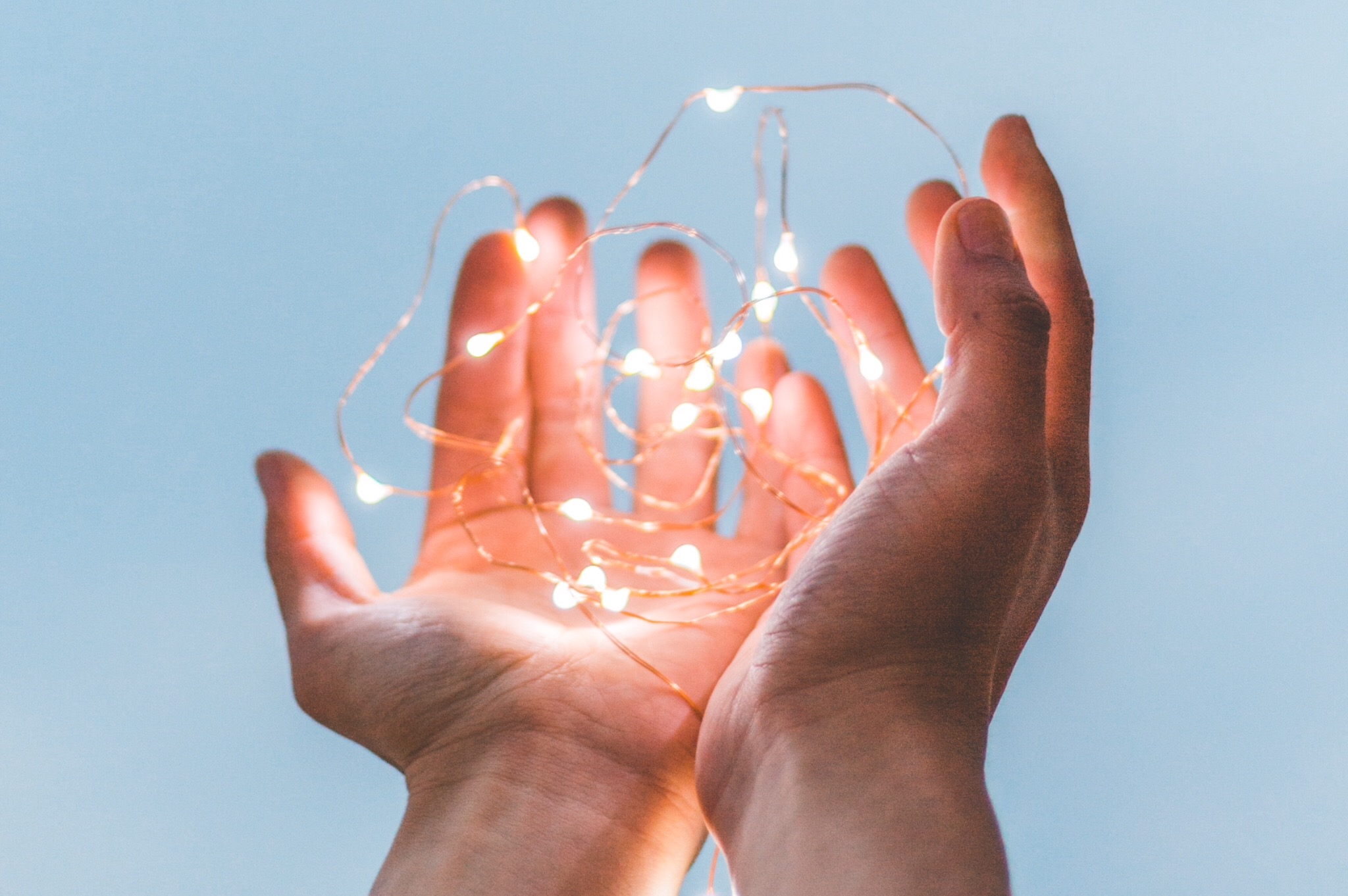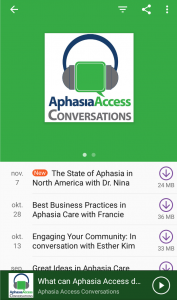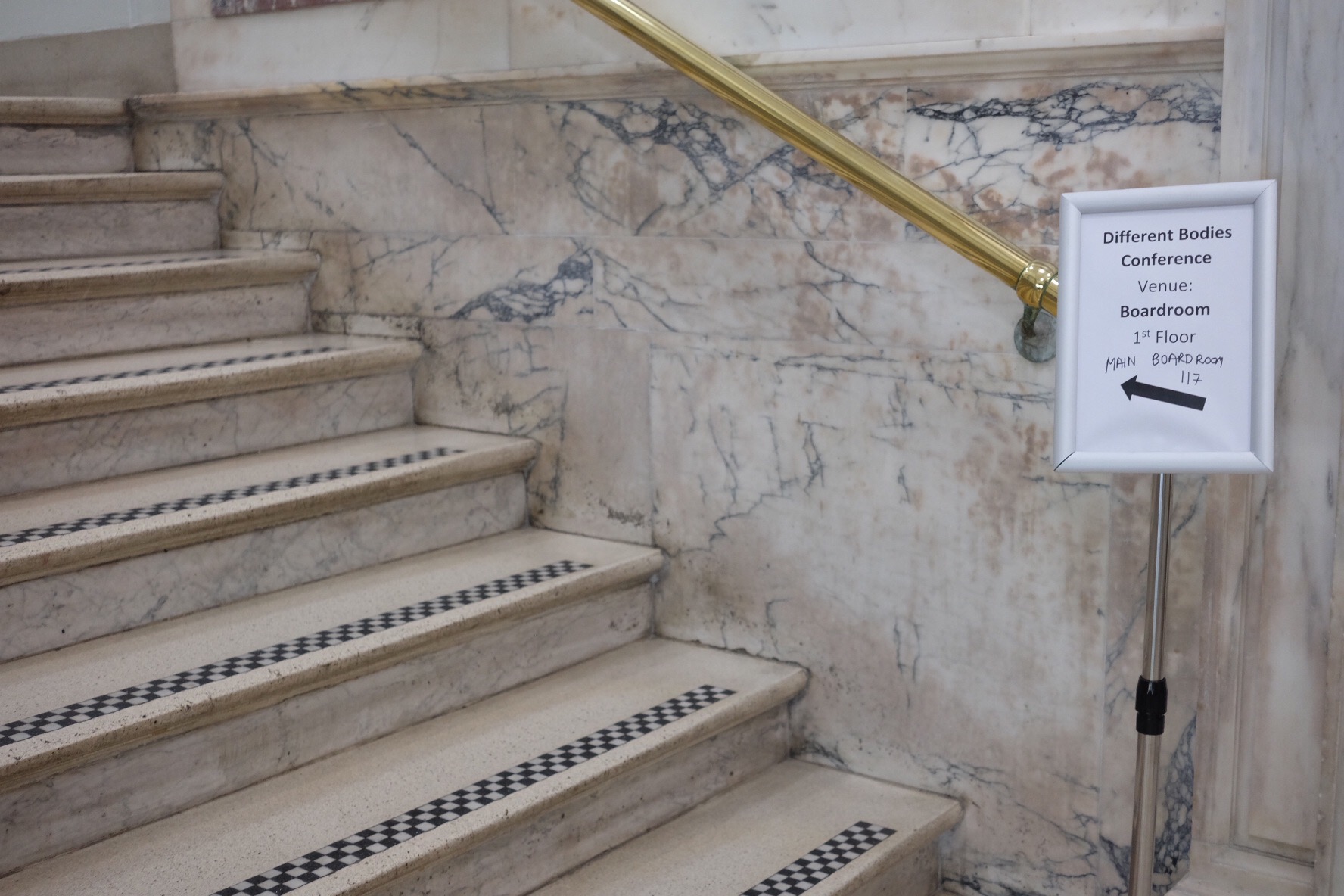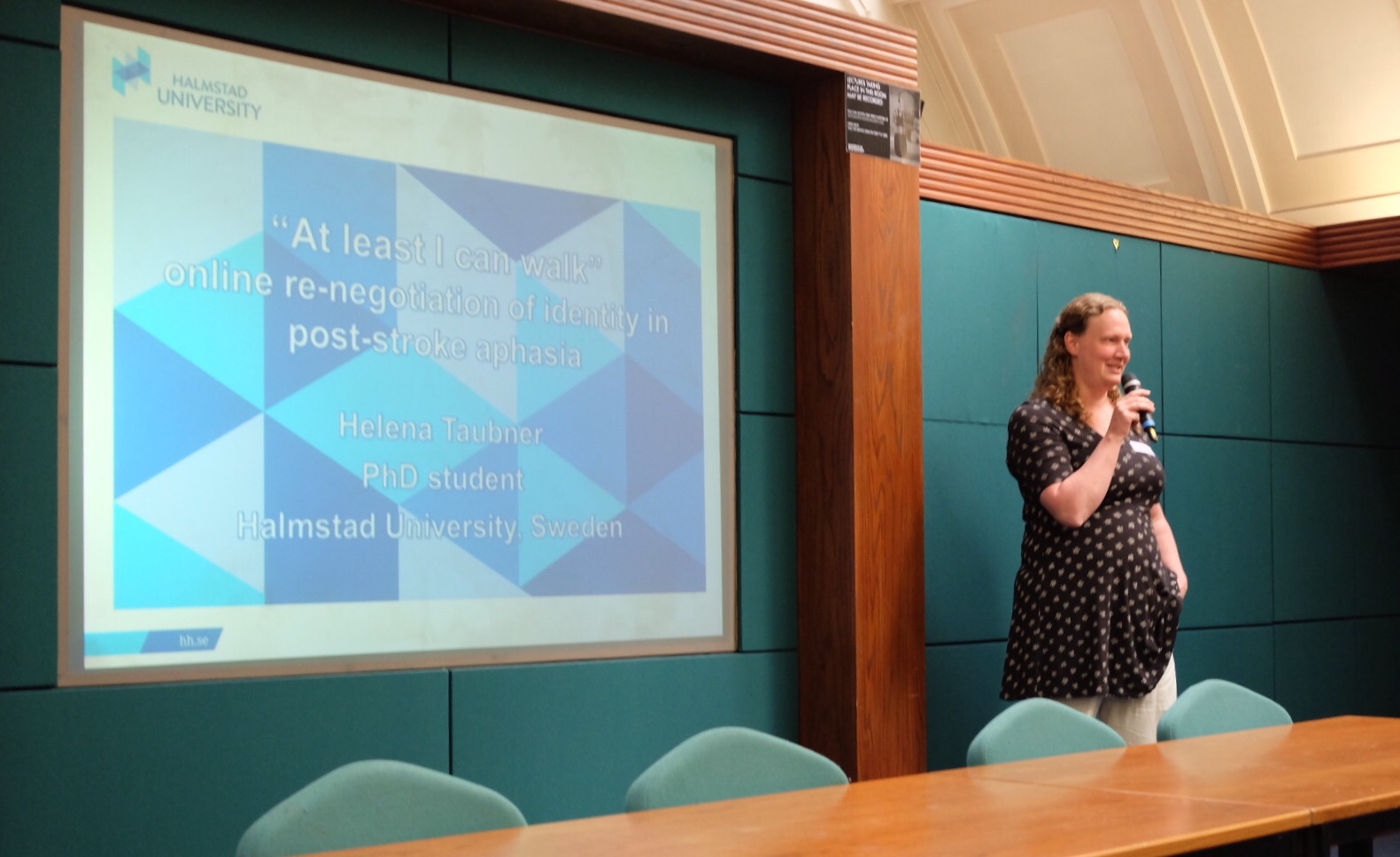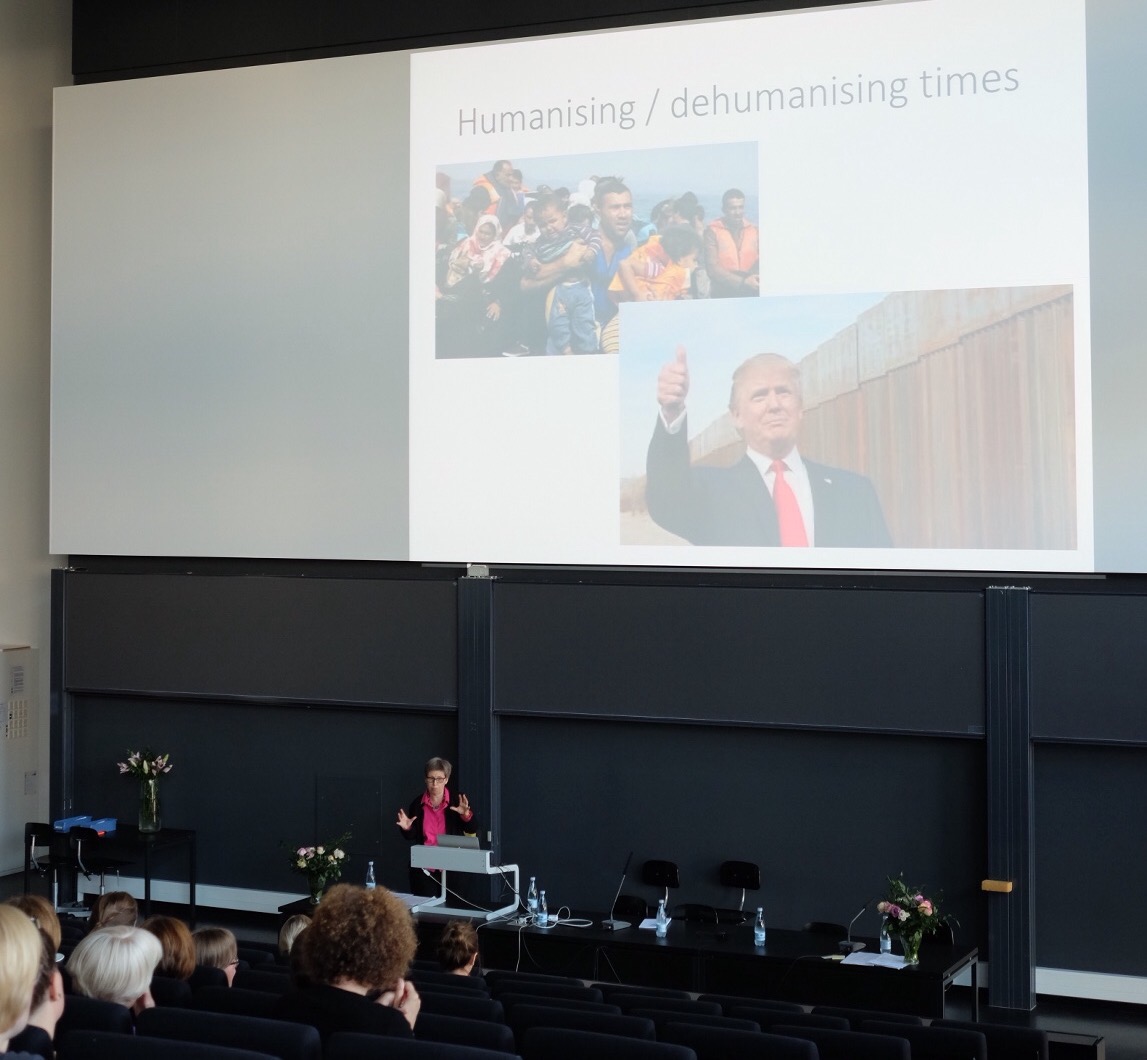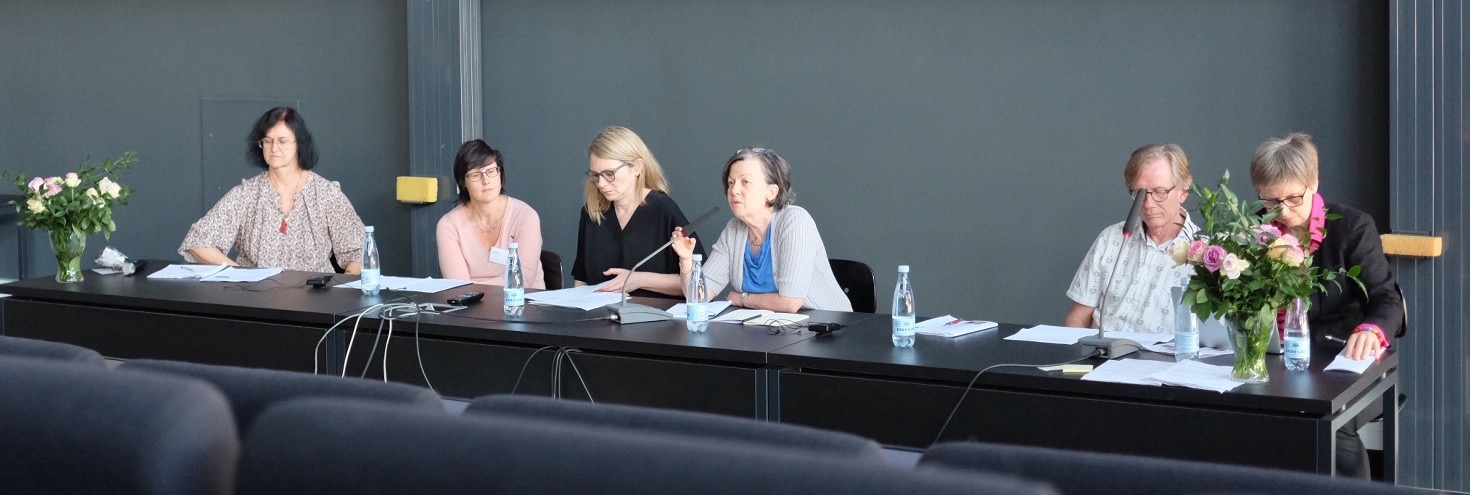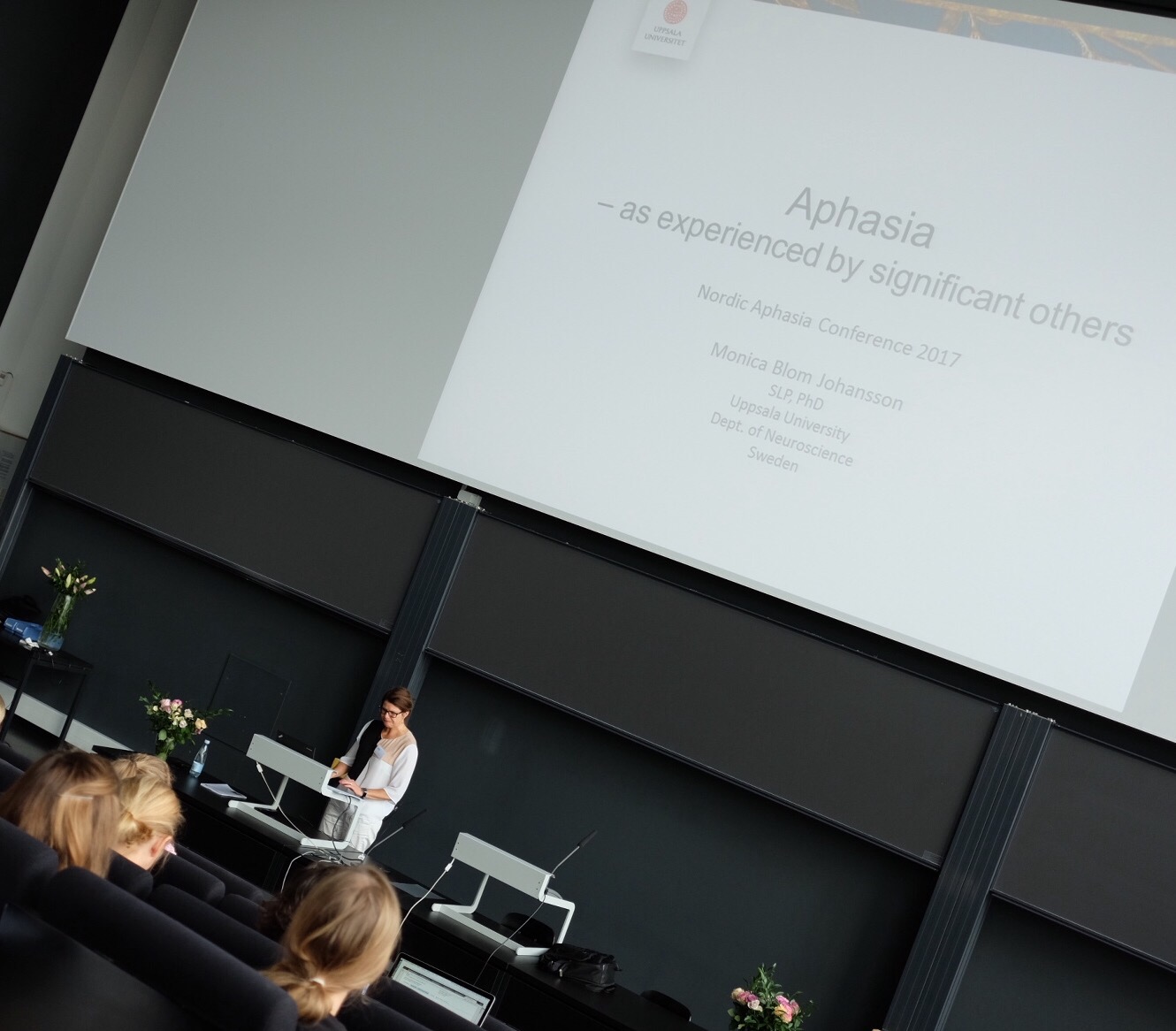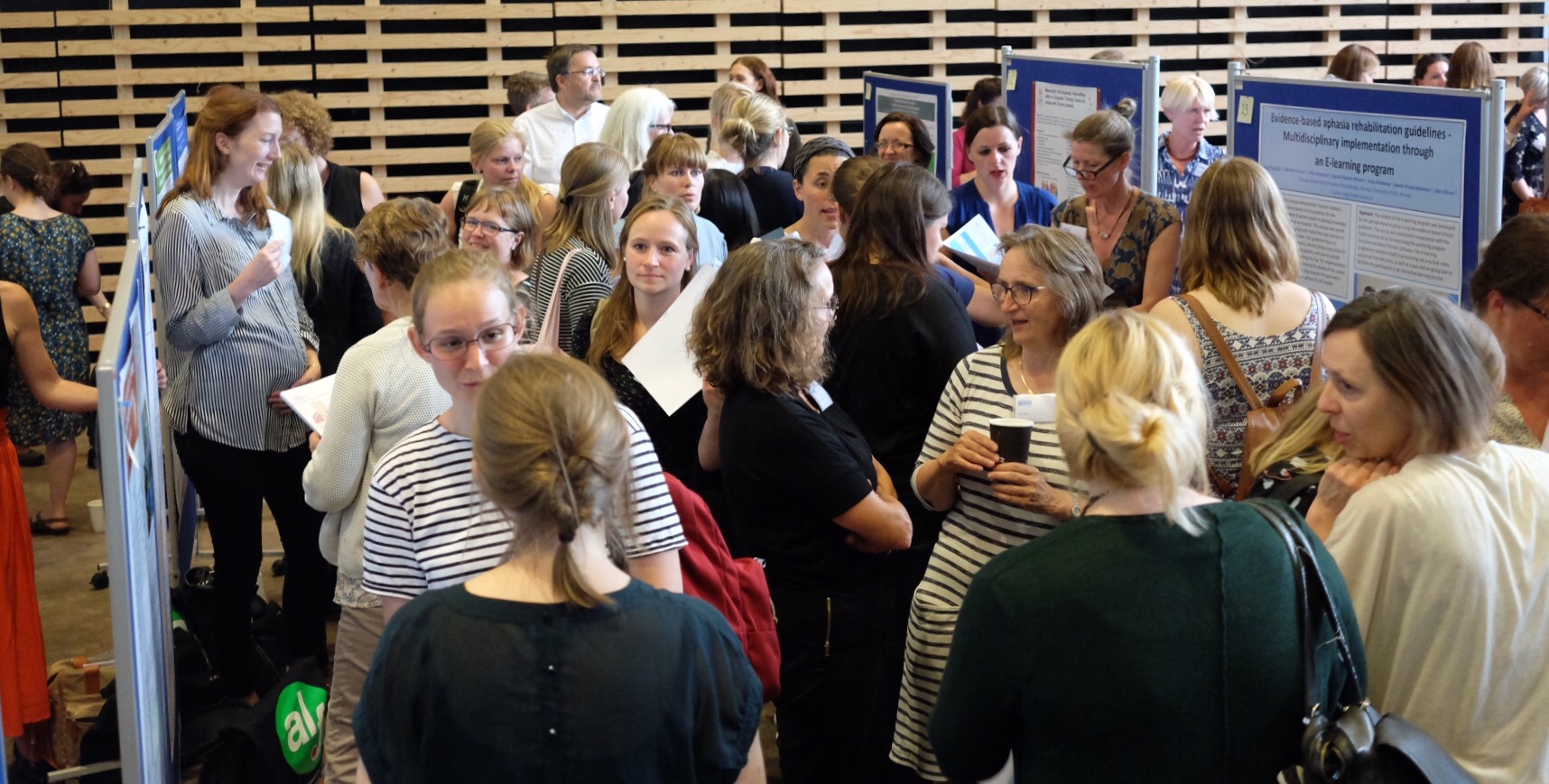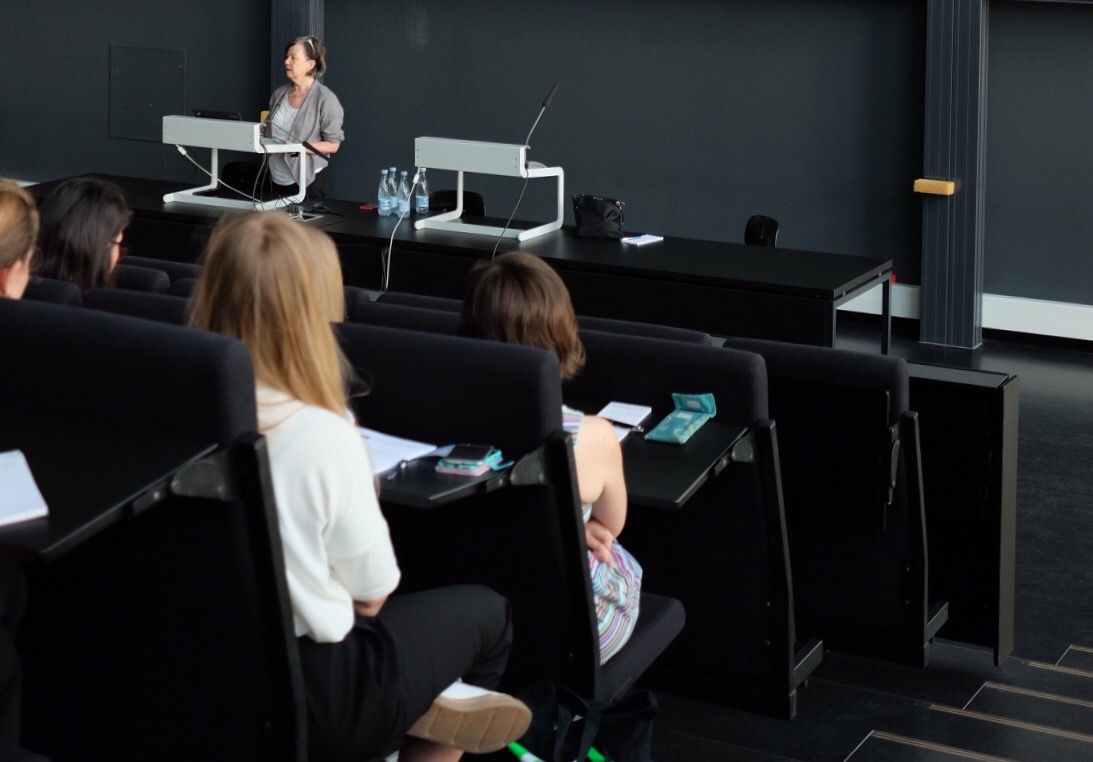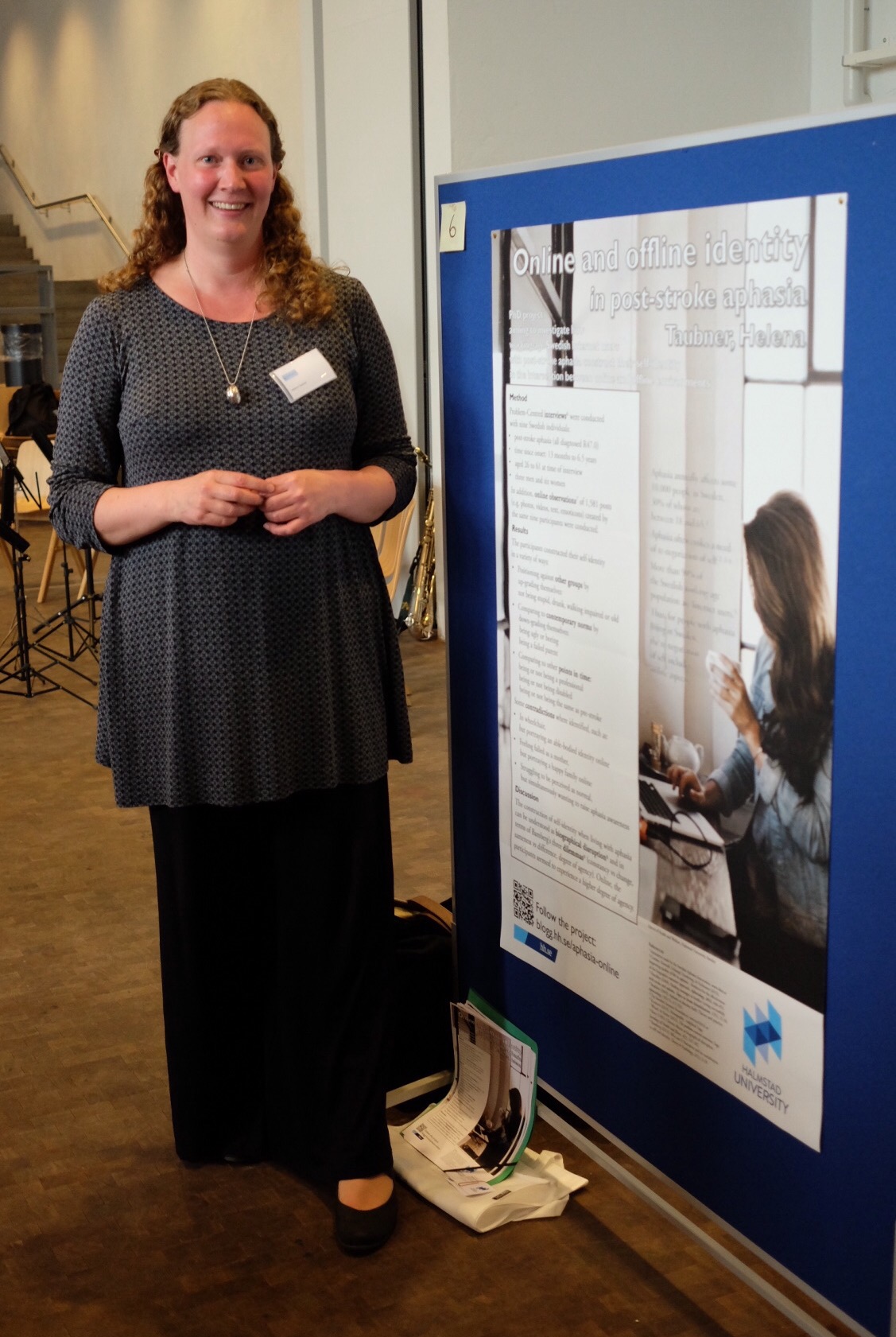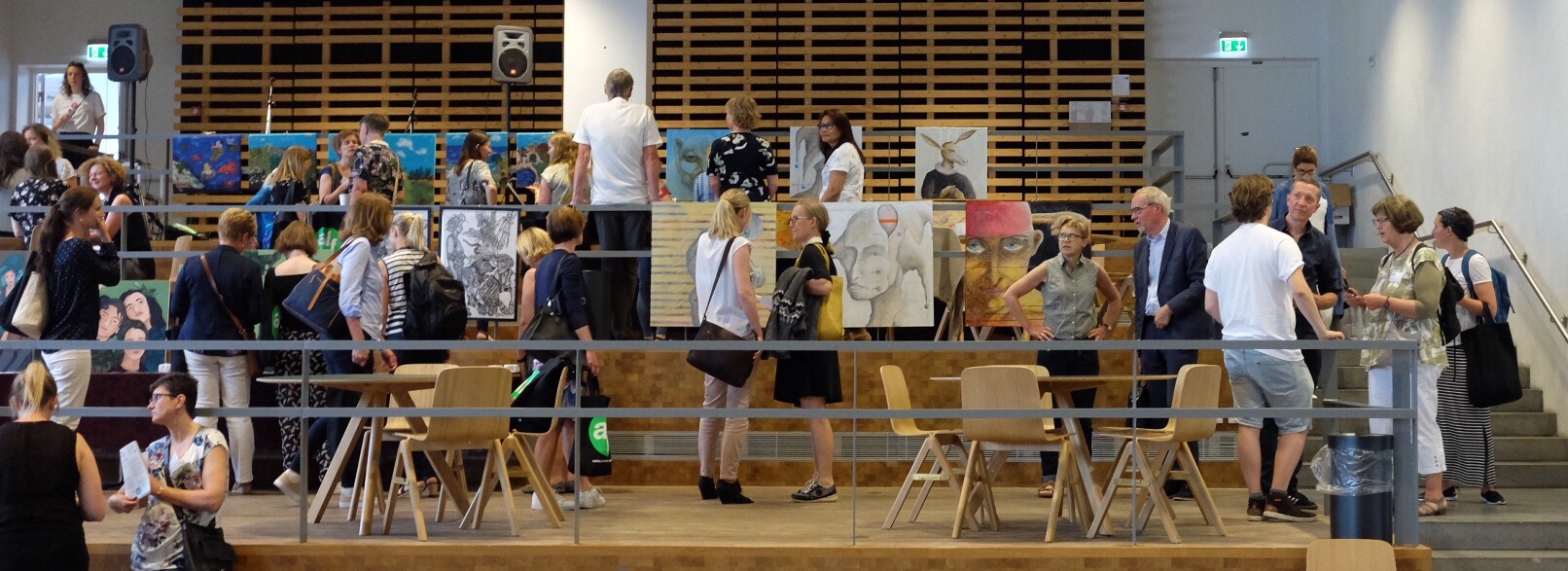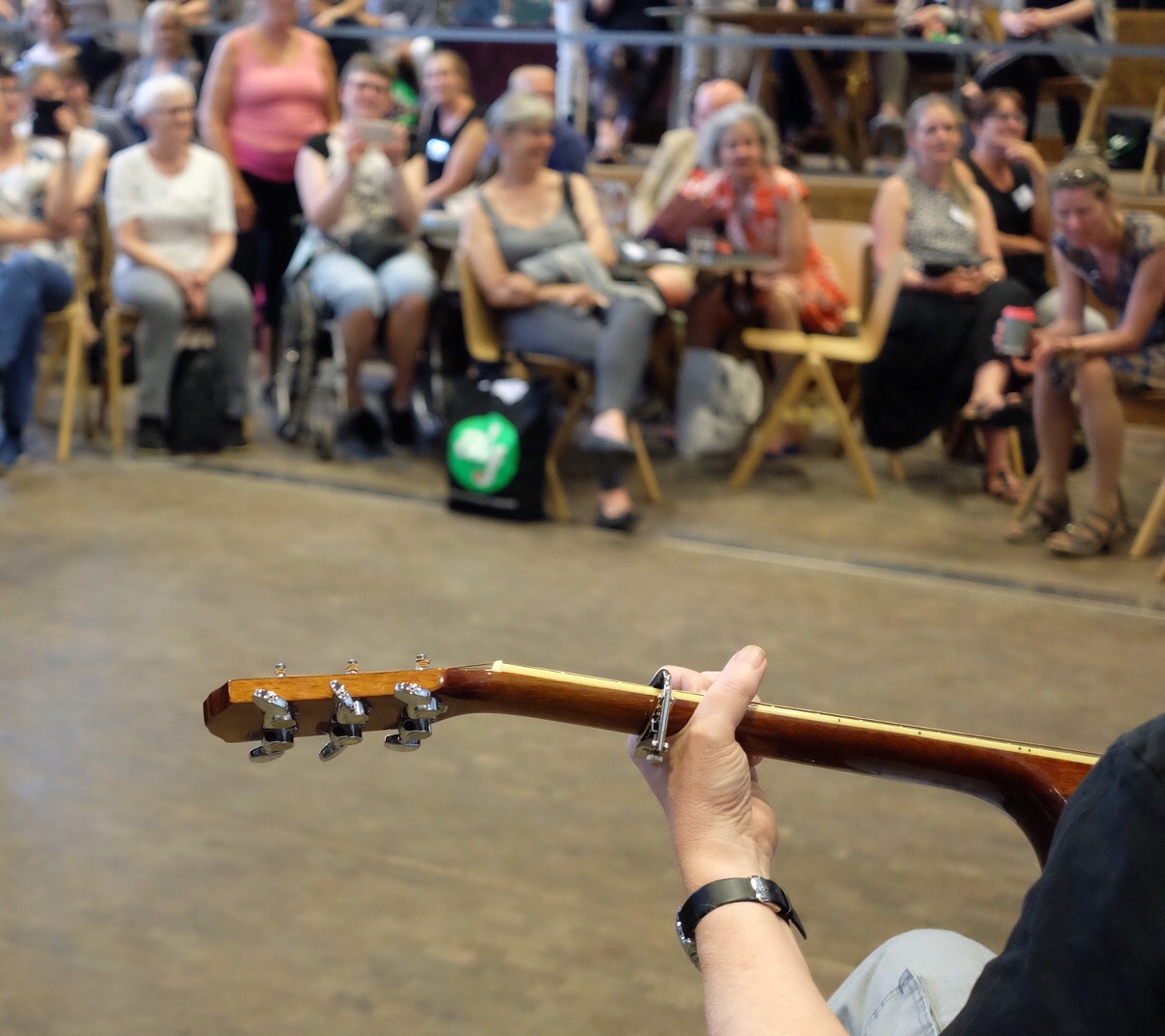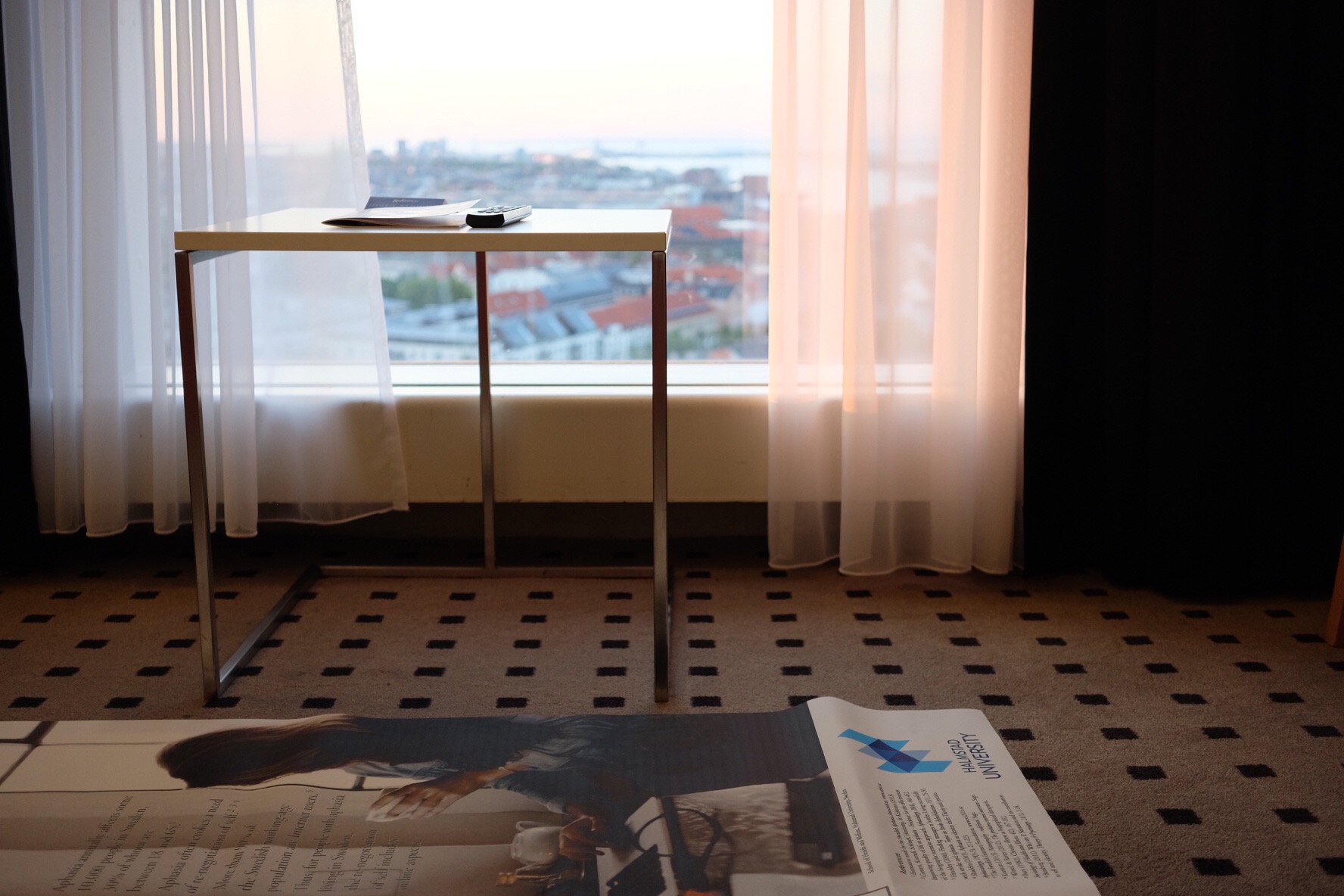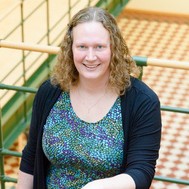When people ask me what my project is about, I usually answer ”aphasia” and we end up in a discussion (or sometimes more of a lecture from my part, to be honest) about what aphasia is and is not. But, what is my project about, more specifically? Now that I have a year and a half left to the finish line, I am starting to have an answer to that question.
My project is about identity construction when living with aphasia in a digital society, and it is based on four studies. These four studies are at different levels, starting at the individual level (about stigma management strategies when communicating online), moving to the interactional level (about identity dilemmas) and the group level (about literacy practices), to end up at the societal level (about media representations). So my perspective gets wider and wider as I move forward through the studies.
And where am I right now? Well, study 1 is published (you find the full text version here and a Swedish summary here!). Study 2 is submitted to a journal and I can’t wait to hear what the reviewers have to say about it. Study 3 is what my mind is most occupied with right now, since I just completed the data collection. I conducted ethnographic research at a ”folk high school” with an education for people with aphasia, staying there with them for three weeks. It was great! So, the next step for study 3 is to analyze all the data (video, audio, photos, notes…). And study 4 is still being planned in detail, before the data collection can begin. Hopefully, I can soon share some more results with you!
